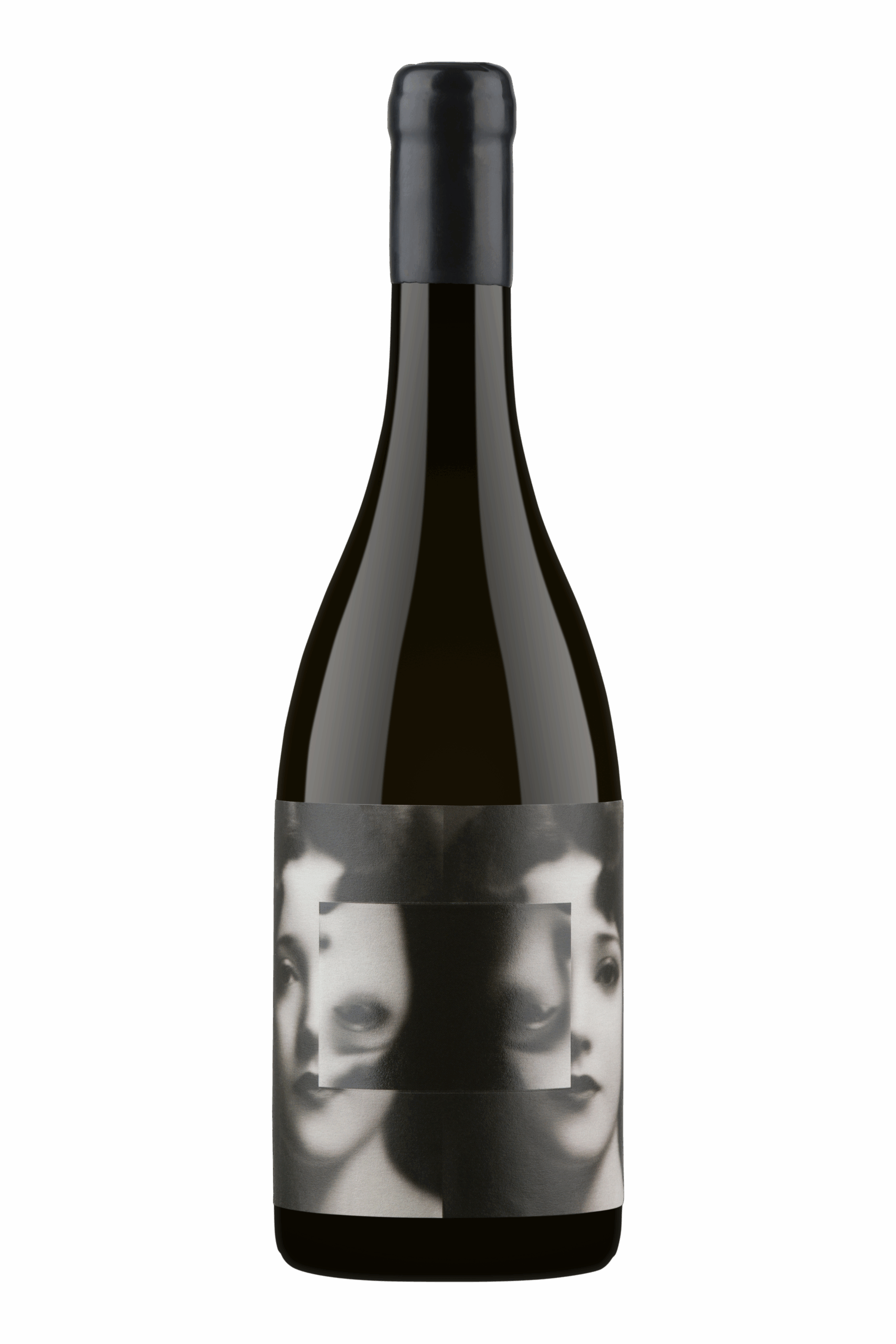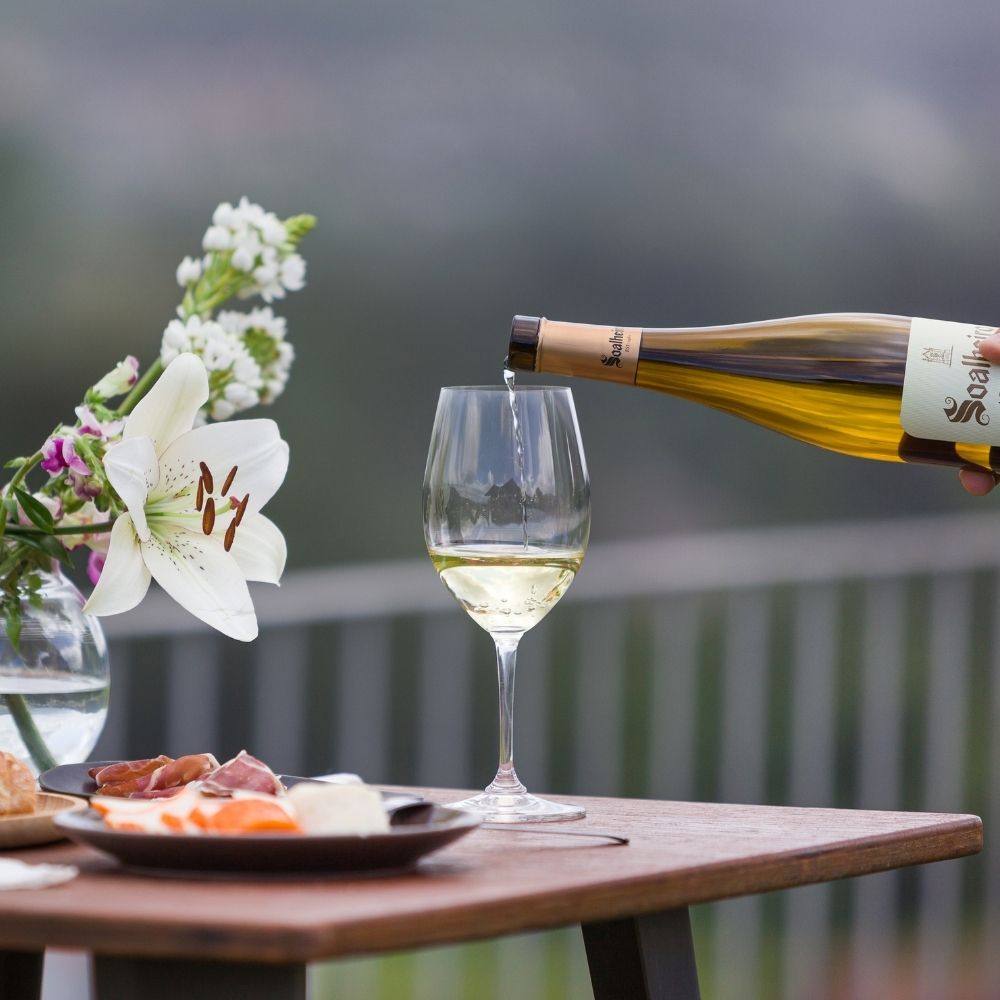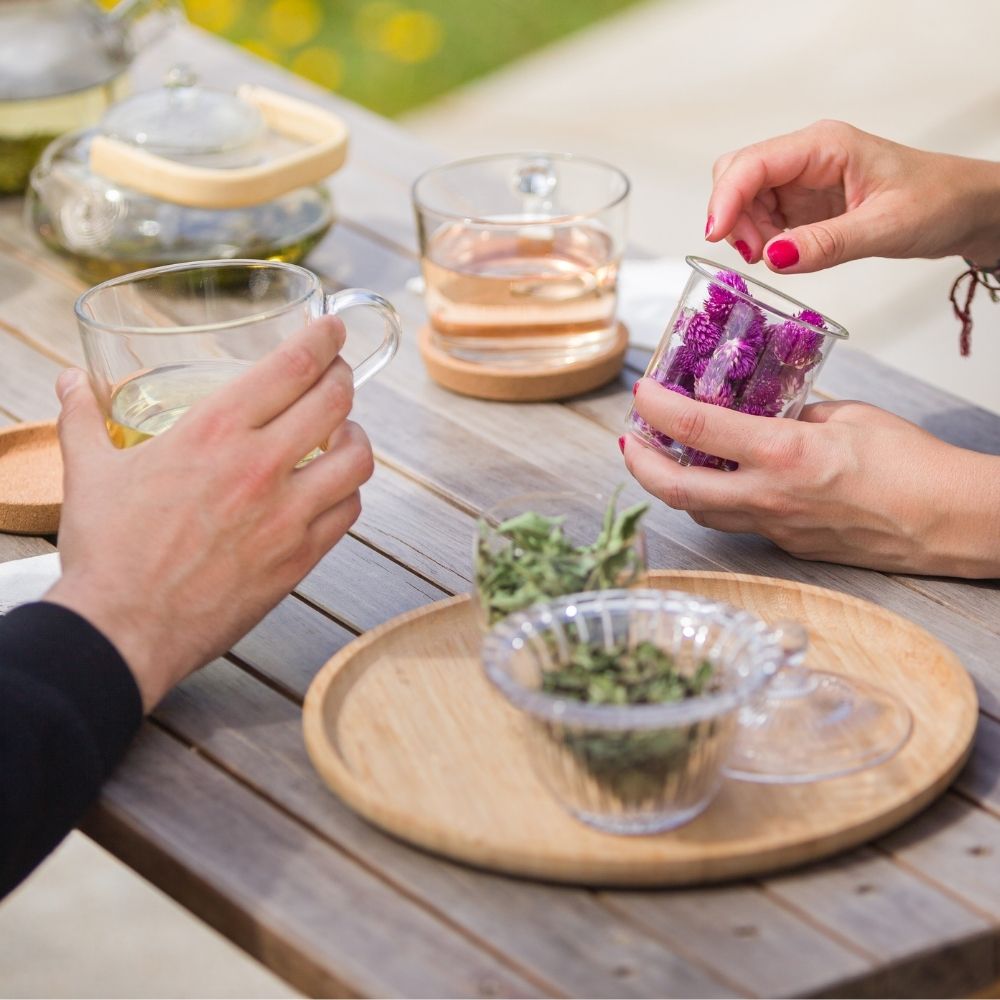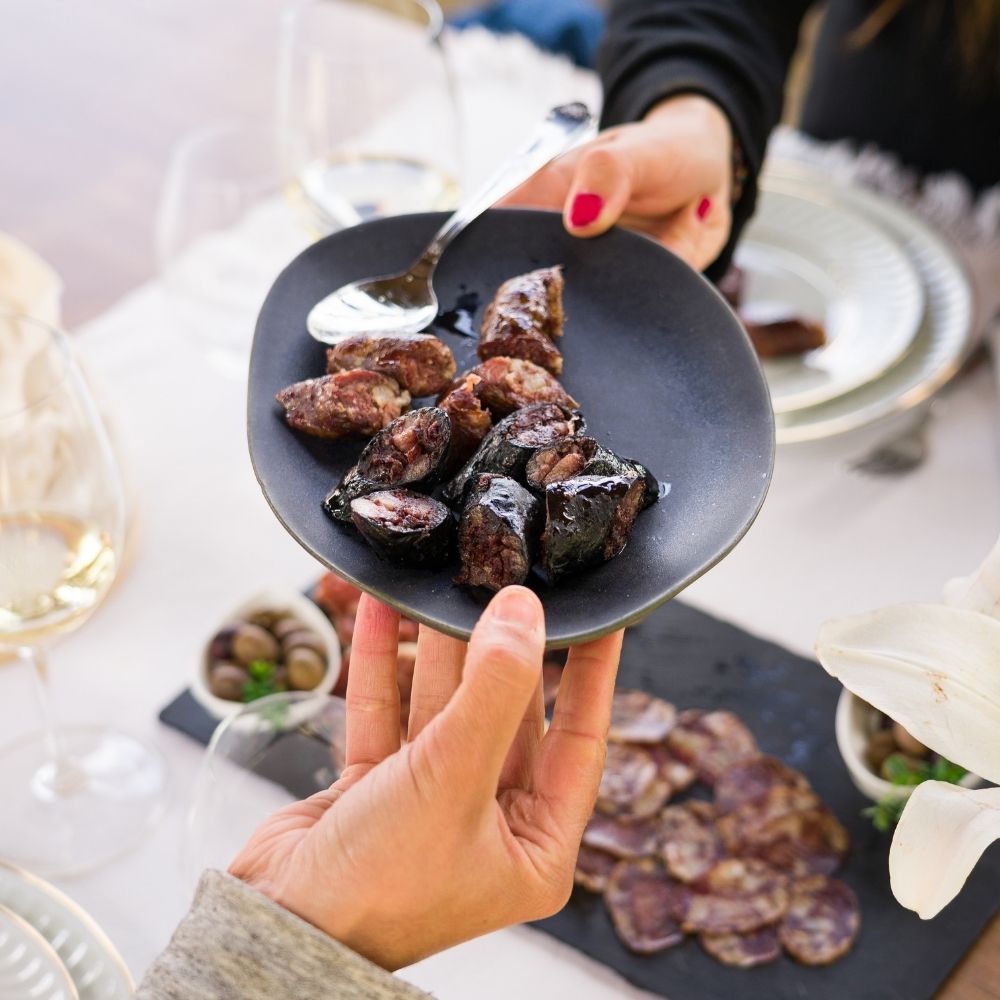
Soalheiro : : Wine
Melpasso 2021
Developed in the Inovation Cellar, a partnership between the winemakers of APRT3 Wines and Soalheiro, Melpasso Alvarinho 2021 is a bold interpretation of the grape variety. An unrepeatable wine, produced exclusively in a single edition, which applies the Ripasso method to the reality of Alvarinho.
The result is a wine with greater structure, texture and depth, without losing the freshness, minerality and elegance that define this grape variety.
Region: IG Minho
Alcohol (%): 14
Total Acidity (g/dm3): 5,4
Residual Sugar: Dry
Grape Varieties: Alvarinho
pH: 3,62
Volatile Acidity (g/dm3): 0,70
(The values are approximate)
This is a very gastronomic wine, ideal to accompany a meal. From roast or grilled fish, cod dishes, white meats with creamy sauces, pasta and risottos, Asian cuisine, red meats such as grilled veal or roast kid, soft cheeses and aged goat's cheeses.
Intense golden color, with a clean shine and golden reflections. Complex aroma, with ripe fruit (pear, quince, dried apricot), subtle honey, orange blossom, dried fruit and delicate toasted and mineral notes. Voluminous and enveloping mouthfeel, with a firm texture, balanced acidity and layers of flavor that evolve in the glass. Long, elegant and textured finish, with aromatic persistence and a subtle return to dried fruit and minerality.
Melpasso Alvarinho is born in the sub-region of Monção and Melgaço, the origin of the Alvarinho grape variety. Located in the far north of Portugal and protected by mountain ranges, this area benefits from a unique microclimate: warm days, cool nights, good sun exposure and controlled rainfall. These conditions allow the grapes to ripen slowly and completely, which is essential for wines with concentrated aromas, natural acidity and structural balance. Fundamental characteristics to support a process like Ripasso. A terroir of tradition and innovation, reflected in the uniqueness of Melpasso.
Melpasso's winemaking adapts the Italian Ripasso method to the reality of Alvarinho. The base wine is fermented in the traditional way, focusing on the freshness of the grape variety. In parallel, a fraction of the grapes is subjected to partial passification, concentrating sugars, acidity and aroma, and then pressed to produce Alvorone. The resulting lees - rich in phenolic and aromatic compounds - are then reused in the Ripasso process. The base wine is passed over these lees, with a second maceration and slow refermentation, which adds structure, texture and depth. The wine is then aged in stainless steel and used oak barrels, allowing the profile to be refined without overriding the varietal identity. After aging, the wine rests in the bottle.


![INFUSÕES_LOGO-VERTICAL[dourado]](https://soalheiro.com/wp-content/uploads/2022/05/INFUSÕES_LOGO-VERTICALdourado-e1653925359762-1024x761.png)










